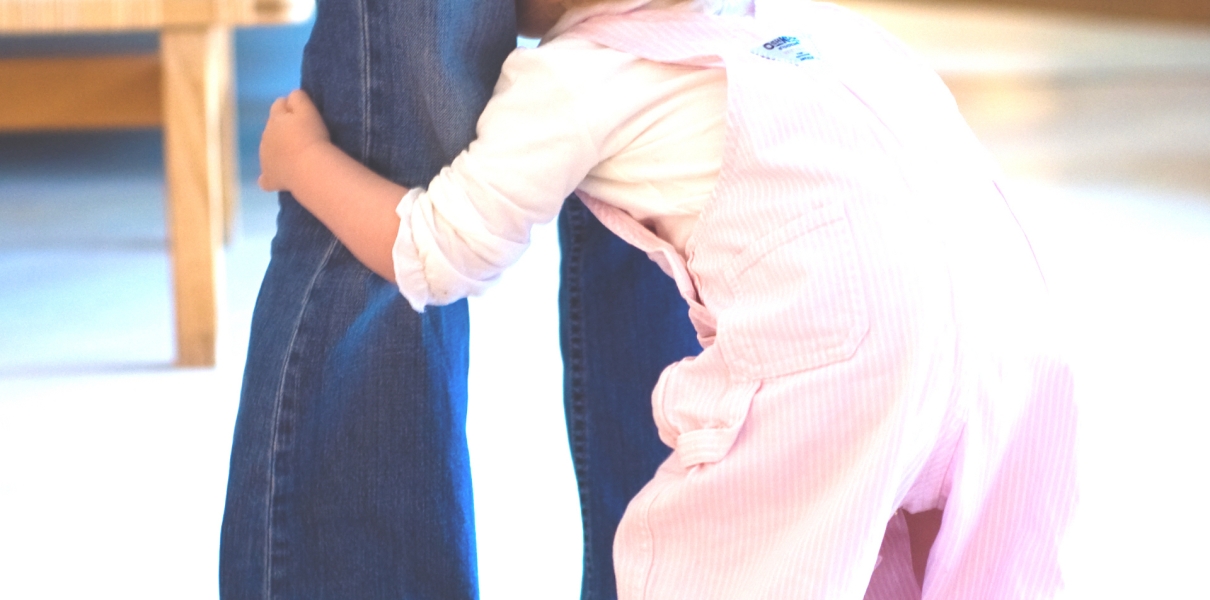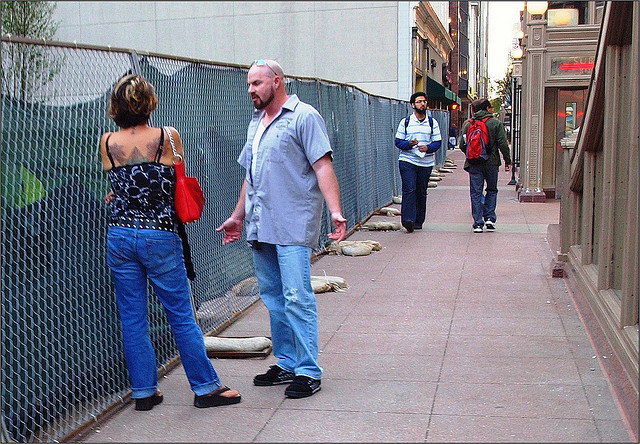
I never write about my political point of view for two reasons – I don’t consider myself to be well-enough informed to do so, and it is difficult to be heard without choosing sides. Yet one side only seems to listen to the other to formulate a counter argument. No one really listens to the other’s message with any concern for the well-being of those holding a different point of view. As soon as one’s point of view sides with one party or the other, it merely affirms one’s party message and turns off those from the other party from hearing what you have to say. But today, I am writing as neither a Democrat nor a Republican, but as an American citizen who is concerned that we as a nation have lost our way in terms of what we stand for and are willing to lay down our lives for.
I am currently reading The Mueller Report. While President Trump is concerned about being declared innocent and building a wall to secure our southern national border, I am concerned about violations to my autonomy as a voting citizen to truly make up my own mind about what I believe to be in the country’s best interest, based on facts rather than the manipulation of my point of view by foreign and domestic influencers.
It is extremely naïve for any of us to believe that the U.S. is “good” and Russia and others who have manipulated our elections are “bad.” The 2/17/2018 New York Times article, Russia Isn’t the Only One Meddling in Elections. We Do It, Too reminds us that the U.S. has done its share of election meddling both at home and abroad as well. But, I don’t think these tactics are the point here.
Rather there is a fundamental international issue at play here that threatens two basic principles:
- national sovereignty (a nation’s right to determine its own governance)
- the moral battle between dictatorial rule, where individual rights are suppressed and one individual or political party dictates what happens with no checks or balances on their power, OR a democracy where the supreme power is vested in the people and exercised through a system of representation and periodic free elections
It is a sobering moment to look now at our country and see that we too violate the sovereignty of other nations even though we excuse ourselves by justifying our actions as serving our commitment to democracy. But where is our democracy? When I look at the respective pursuits of the Democrats and Republicans, I don’t see a shared commitment to the preservation of our democracy and the rule of law. I see self-interest and party politics being held in much higher regard than the form of governance our founding fathers so carefully envisioned for us. Polarization and opposition rule while cooperation and a shared vision of democracy are seen as naïve and unrealistic goals in the heat of the battles we are fighting amongst ourselves. How do gerrymandering and party politics serve we the people of the United States? Why don’t we all want to know what is in The Mueller Report enough to actually sit down and read it? If there is even a slight chance that our president has violated his vow of office, why aren’t we all interested in an impeachment inquiry to get at the truth of the matter so we can decide what to do? Why are we more concerned about the impact that such an action would have on the 2020 election than on our current safety and the well-being of our democracy?
The either/or consciousness of party politics does not value the highest good of all concerned. It is all about “I win and therefore you lose.” Is this the best we can do? What is it going to take for us to rise above this dynamic of trying to shove our point of view down each other’s throat rather than to work together to figure out how to sustain a healthy democracy and truly serve the highest good of ALL Americans. Rather than trying to silence each other and disregard each other’s concerns, when are we going to evolve our consciousness high enough to see ALL Americans should matter to all politicians regardless of party affiliations.
United we stand, divided we fall.















